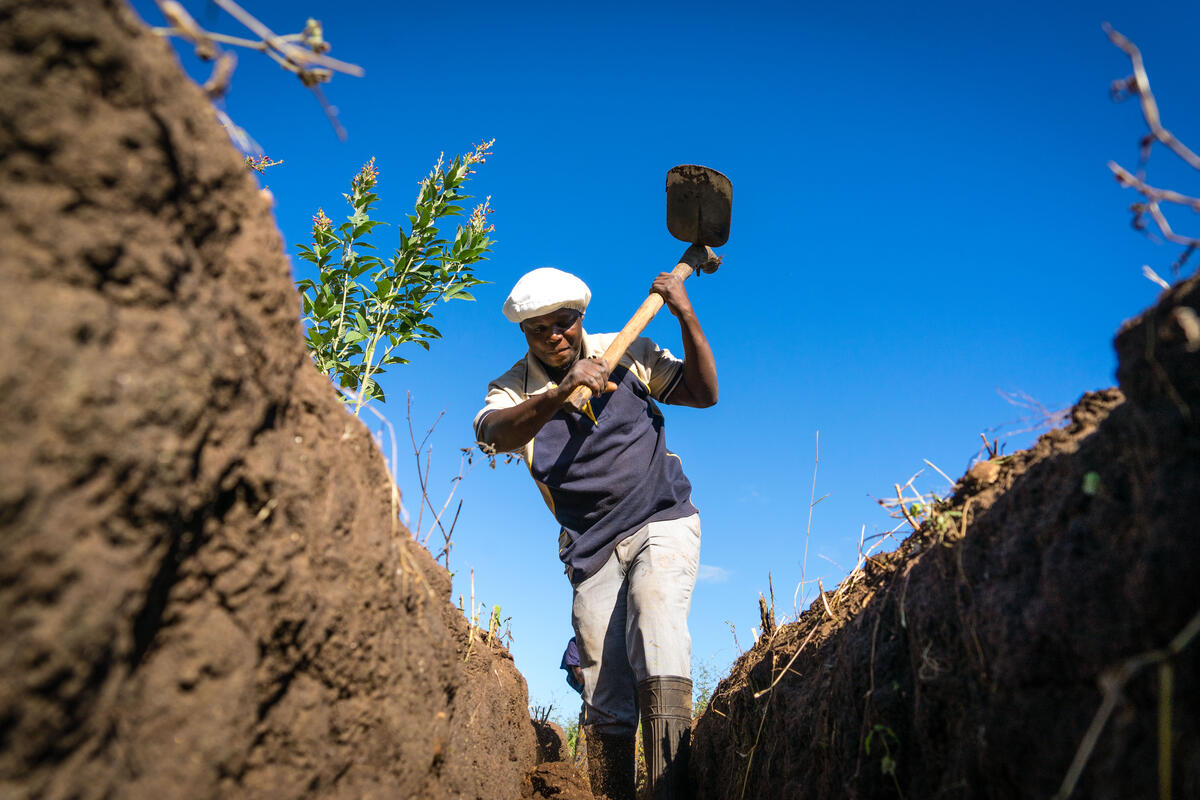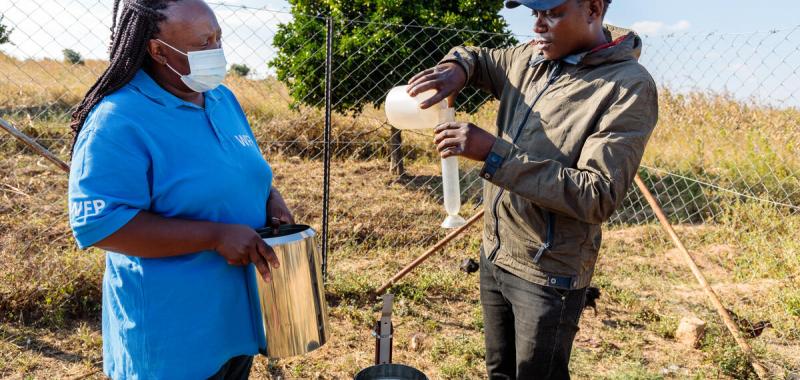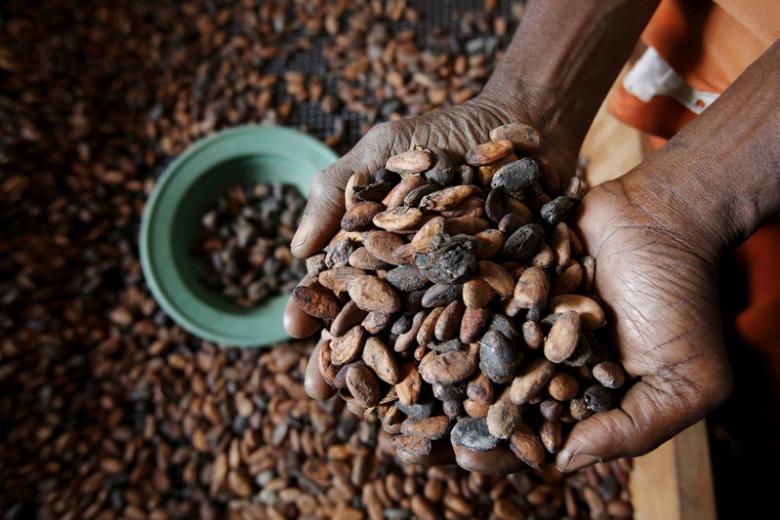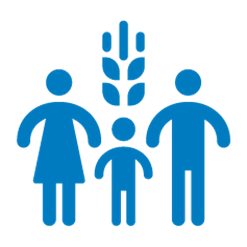Smallholder farmers are being significantly impacted by climate change, which is aggravating key structural challenges such as poor access to agricultural inputs, financial services, and assets.




R4 is a rural resilience initiative which combines four risk-management elements to support smallholder farmers: risk retention, risk transfer, risk management and risk reduction (the 4 Rs).
Smallholder farmers are being significantly impacted by climate change, which is aggravating key structural challenges such as poor access to agricultural inputs, financial services, and assets.

R4 aims to support smallholder farmers in becoming more resilient to climate risks through a combination of four integrated objectives:
Focus groups with farming cooperatives and local stakeholders in the Callavy region of Côte d’Ivoire revealed a strong demand for agricultural insurance to mitigate climate-induced losses and barriers to accessing credit and inputs. Farmers emphasized the lack of accessible insurance as a significant obstacle, sharing experiences of climatic challenges.
In 2023, R4 launched an innovative weather-based drought index insurance scheme for 5,111 rice farmers in Côte d’Ivoire to provide financial protection against climate shocks, such as dry spells or excess rainfall. This scheme was launched in partnership with the consortium ‘Consortium d’Assurance pour le Développement de l’Assurance Agricole Indicielle en Côte d’Ivoire’ (DAAI-CI), initiated by African Risk Capacity (ARC), coordinated by Cabinet Africain de Solutions d’Assurances Inclusives (CASAI) and several participants from the public and private sectors.
This pilot programme in Côte d’Ivoire aims to integrate insurance into a support package for rice cooperatives and federations, enhancing their productivity and resilience. This approach acknowledges the benefits of insurance in improving farmers' access to financial services, boosting their productivity and access to markets.

As of July 2024, R4 has reached 30,666 people. Focus groups with farming cooperatives and local stakeholders in the Callavy region of Côte d’Ivoire revealed a strong demand for agricultural insurance to mitigate climate-induced losses and barriers to accessing credit and inputs.
In August 2024, WFP conducted an assessment on the impact of agricultural insurance, and the results were positive. The assessment showed that all participating cooperatives recognized the benefits of agricultural insurance, with 57 percent rating it as "very satisfactory." Additionally, beneficiaries expressed high satisfaction with compensation, using 86 percent to purchase agricultural inputs. 81 percent of households reported receiving valuable information or advice that significantly improved their resilience to climate shocks.


R4’s approach is now expanding to a new crop, Cocoa, in Cote d'Ivoire. The Cocoa micro-insurance project is increasing the diversification of micro-insurance using area Yield Index Insurance for the Cocoa value chain.
R4 is aiming to support approximately 1.4 million households (7.5 million beneficiaries) with integrated climate risk management in 25 countries by 2025, with the added benefit of expanding access to these insurance products to a broader market beyond the R4 participant farmers.